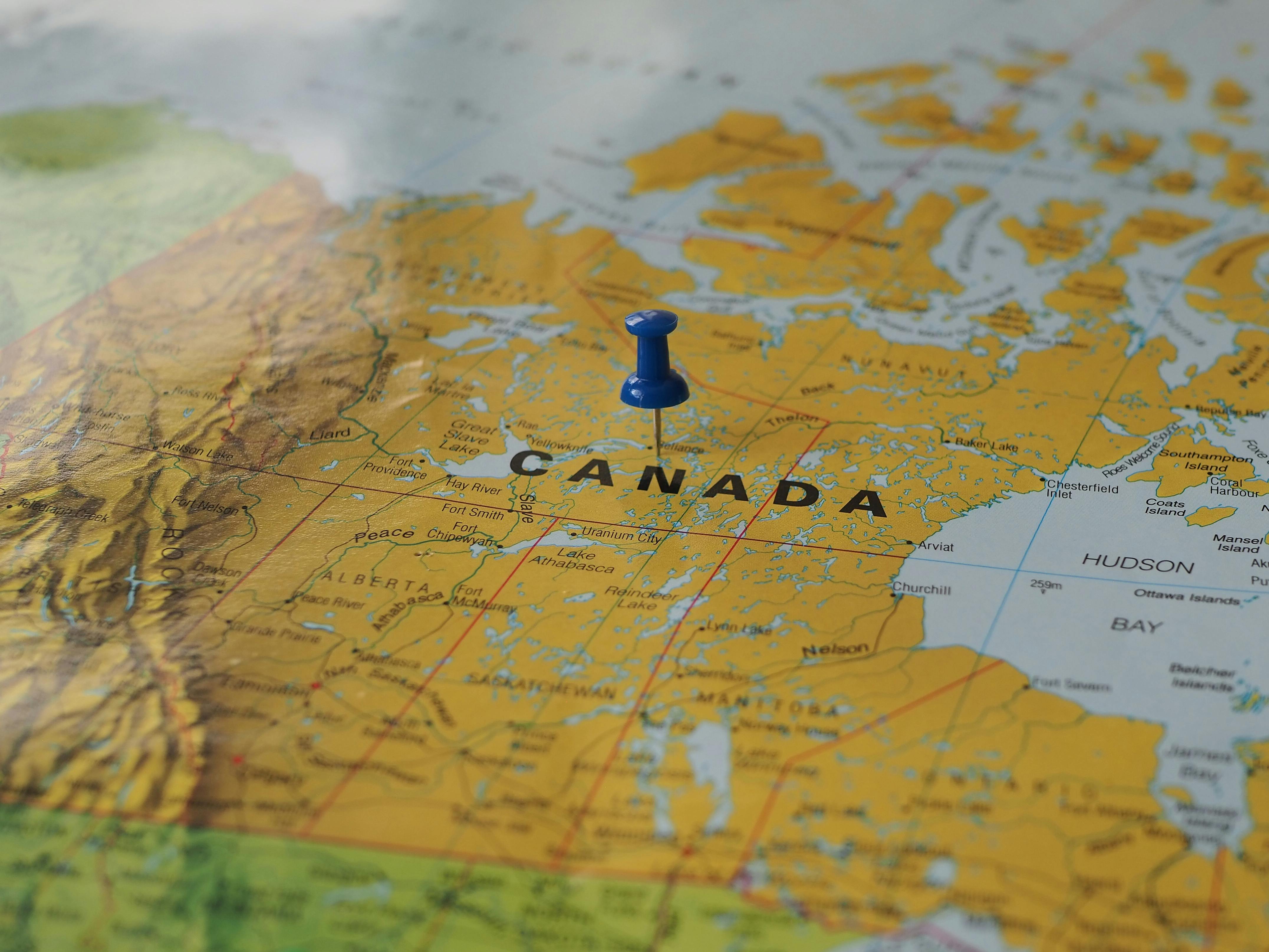
You qualify for the northern resident deductions if you lived permanently in a prescribed northern zone (Zone A) or a prescribed intermediate zone (Zone B) for a continuous period of at least six consecutive months. This six-month period can begin or end in the tax year, as indicated in Step 1 of Form T2222.
Zone A (Prescribed Northern Zone)
If you lived in a prescribed northern zone (Zone A), you can claim the full amount of the northern residency deduction.
Zone B (Prescribed Intermediate Zone)
If you lived in a prescribed intermediate zone (Zone B), you can claim one-half of the northern residency deduction.
Two Main Northern Residents' Deductions
Deceased Individuals
A person who passed away during the year may still qualify for the northern residency deduction if they lived in a prescribed northern or intermediate zone for at least six months prior to their date of death.
Moving Between Prescribed Zones
Your residency period is not affected if you move from one place in a prescribed northern zone to another place in a prescribed northern zone, provided both locations are within the same zone.
Absences from a Prescribed Zone
If you lived in a prescribed zone on a permanent basis, absences from the zone generally do not affect your period of residency. However, to determine whether you lived in the prescribed zone permanently, the Canada Revenue Agency (CRA) will consider:
If, at the time of filing your tax return, you have not lived in the prescribed zone for a continuous period of at least six consecutive months, you do not qualify for the deduction. In that case, you should file your return without claiming the deduction. Once you meet the qualification criteria, you can request an adjustment to your tax return.
Claiming Per Household
Conclusion
Understanding the northern resident deduction and its limits can significantly reduce the tax burden for those living in remote and northern regions of Canada. Whether you qualify for the full or partial deduction, it is essential to meet the criteria of residency duration and follow the proper steps to claim both the residency and travel deductions.
Posted on 14 November 2024


